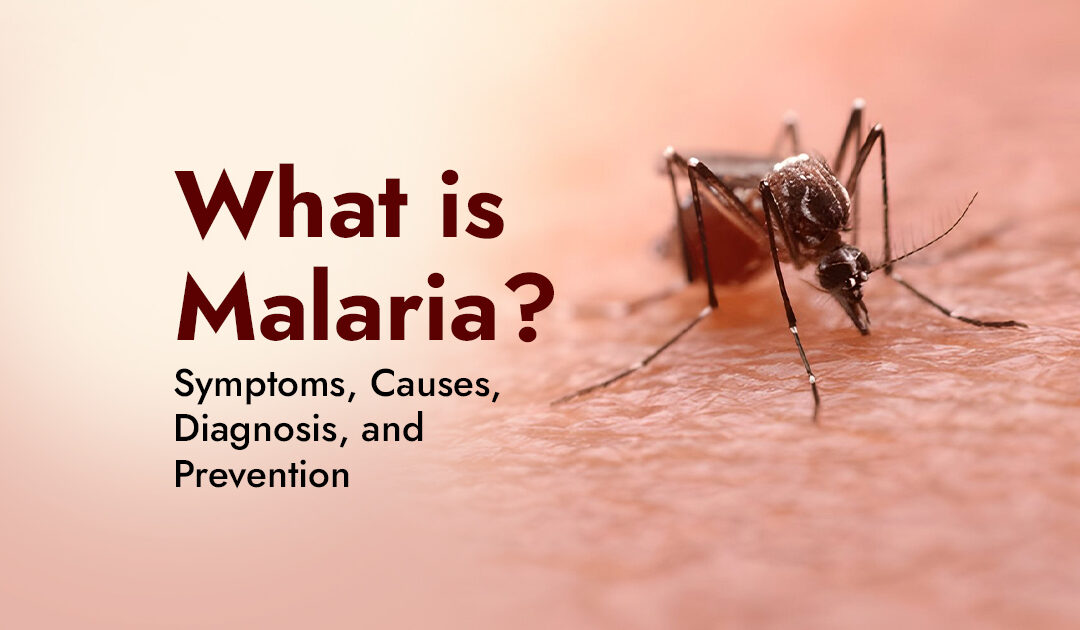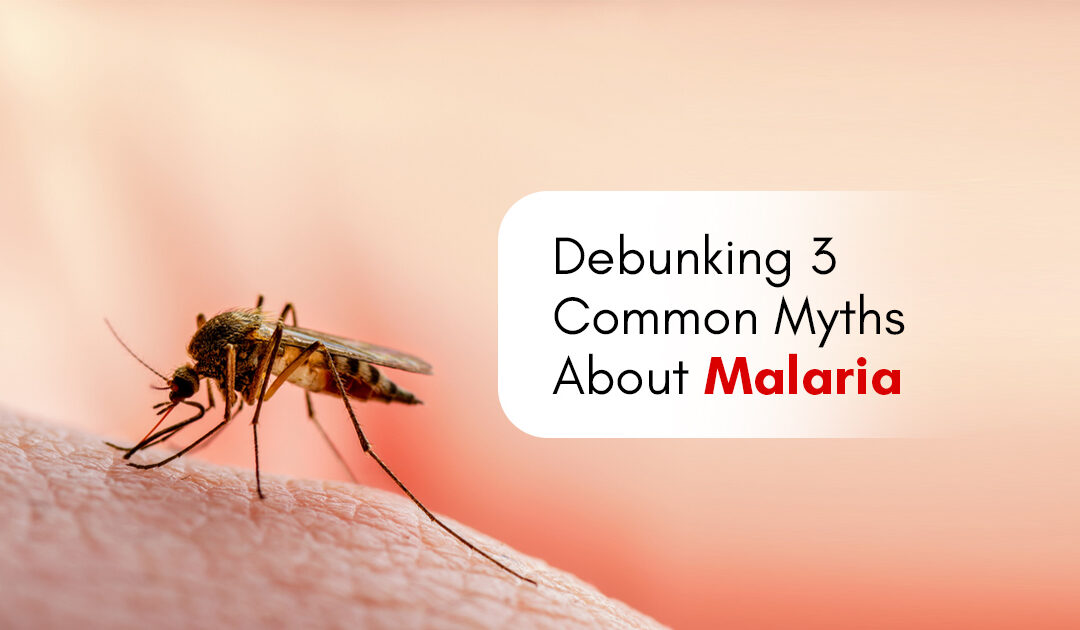Malaria is a deadly disease transmitted by mosquitoes infested with microscopic parasites. When an infected insect bites, it injects malaria parasites into your bloodstream. Unlike a virus or bacteria, malaria is caused by parasites. If untreated, malaria can lead to severe health complications, including seizures, brain damage, difficulty breathing, organ failure, and even death.
Malaria occurs globally but is more common in developing countries with warm temperatures and high humidity.
Symptoms of Malaria
Malaria symptoms often resemble flu-like symptoms and may include:
- Fever and sweating
- Chills that shake the body
- Headache and muscle aches
- Fatigue
- Chest pain, breathing issues, and cough
- Diarrhea, nausea, and vomiting
As malaria progresses, it may cause anemia and jaundice. Symptoms typically appear 10 days to a month after infection, though they may take up to a year to manifest. In some cases, parasites remain dormant in the liver and can reactivate years later, causing recurring malaria symptoms.
Causes of Malaria
Malaria is transmitted when an infected mosquito bites a person, injecting parasites into their bloodstream, where they multiply. Humans can be infected by five types of malaria parasites. In rare cases, malaria can be passed from mother to baby during pregnancy or through blood transfusions, organ donations, or shared needles.
How is Malaria Diagnosed?
A healthcare provider will assess your symptoms and travel history, and a blood test will determine if you have malaria and which parasite is responsible. This information helps guide the treatment plan.
Can Malaria Be Prevented?
Yes, medications can significantly reduce the risk of contracting malaria. Additionally, you can take steps to prevent mosquito bites:
- Apply DEET-based mosquito repellent to exposed skin.
- Use mosquito nets over beds.
- Install screens on windows and doors.
- Treat clothing and gear with permethrin.
- Wear long sleeves and pants to cover your skin.
Malaria is a serious parasitic disease common in warm, humid regions. Early detection and treatment are critical to preventing severe complications. Taking preventive measures like using repellents and bed nets, along with medication, greatly reduces the risk of infection.




